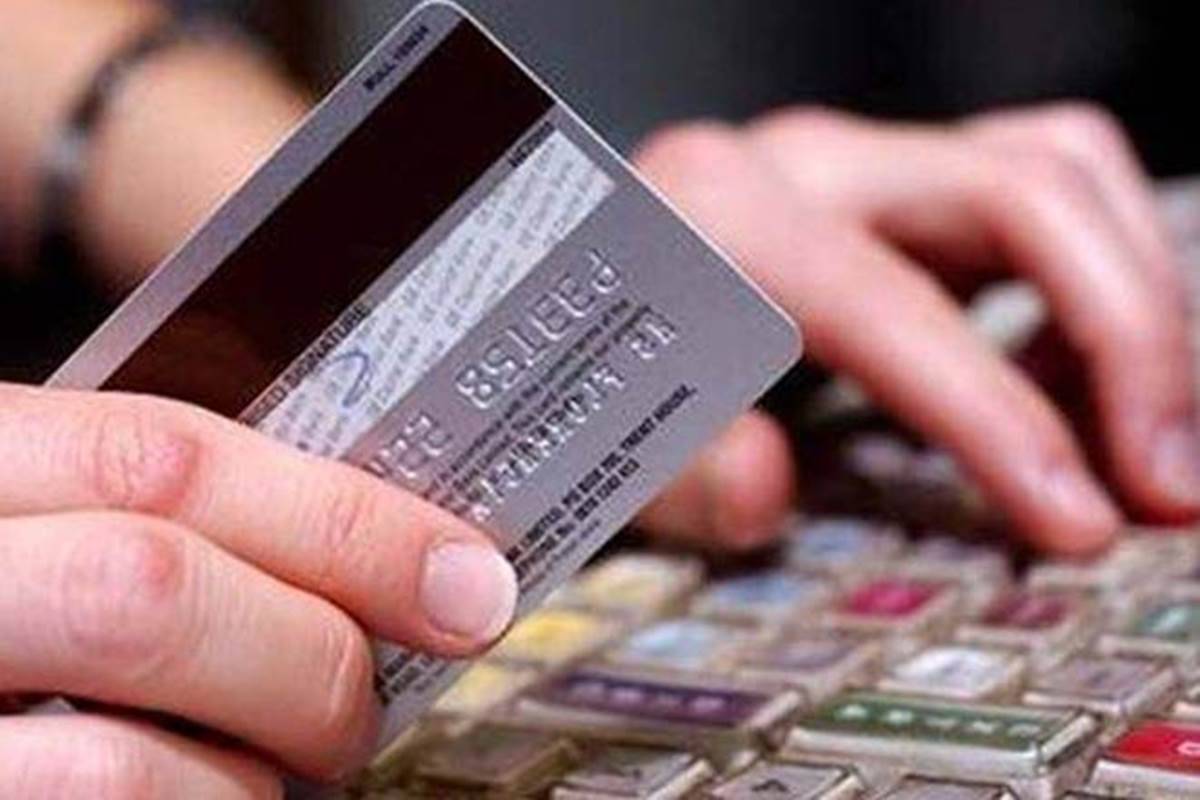As history claims, the credit card made a popular entrance in the 1950s. Inaugurated in Diners’ Club in the United States of America as a general-purpose card, this card took on the financial world by storm. Eight years later, this card had established its identity — the first credit card. It became a physical plastic card in 1959 when American Express suggested the usage of a plastic card for ease of use anywhere in the world. In India, the Central Bank of India introduced the credit card in the 1980s which was immediately taken upon by Andhra Pradesh that year.
Quickly becoming one of the greatest ‘adulthood’ symbols, the credit card in 2019 was held by 52 million individuals in India. However, with the constant change to this fast-paced world, many have begun wondering if the credit card is worth all its hype. We answer this quandary, in addition to providing you with a general guide on credit cards.
What is a Credit Card?
It is first important to understand the credit card’s meaning. A credit card is a physical plastic card that provides you with a credit limit to be used for all your purchases. An individual is basically borrowing money from an issuing bank every time the credit in a card is utilized. The credit amount that is left after a purchase is the available credit, and the figure used to purchase products is the balance owed to the bank after every month. The outstanding balance and a minimum payment of a credit card are directly proportional. If the outstanding balance rises, the minimum payment increases as well.
What are the Different Types of Credit Cards?
There are various types of credit cards. However, in this article, the main two types will be explained — secured and unsecured credit cards. Despite owning credit cards, many individuals fail to realize how different the definitions of these two terms are. The difference between these two definitions relies on the requirements to open an account and acquire a credit card. To obtain a secured credit card, the provision of a security deposit is essential. However, unsecured credit cards, although advertised frequently, require no such provisions. Holders of secured credit cards are mostly those that have a bad track record of maintaining a good credit score.
What are the Advantages of Credit Cards?
Although a credit card requires more monitoring as opposed to a debit card, credit cards possess various benefits that trump debit cards. Many individuals invest in a credit card because of the rewards that come along with it. Cashback and travel rewards are the most popular benefits given to a credit cardholder. Redeeming travel perks and receiving back a percentage of your money spent is a big advantage to consider. Of course, this advantage is nothing in comparison to the main reason people invest in credit cards — the ability to purchase now and pay later. Other than these two main advantages, the fact that it is more convenient to carry around as compared to physical cash, and is accepted more readily all over the world is a potent advantage.
What are the Disadvantages of Credit Cards?
Debt spiral is a huge concern amongst credit cardholders. Missing just one monthly bill payment might push an individual to rock bottom. Interest on the outstanding balance of the pending month begins to accumulate. This interest can be quite high, especially when coming from a reputed bank. Furthermore, credit scores easily get damaged when penalties have to be paid for exceeding credit limits. Finally, pre-authorizations hurt your spending allowance as well. For instance, hotel owners may place a pre-authorization on your credit card to block an amount in case of drinks from the mini-fridge are devoured. This would, in turn, not allow you to use the blocked amount in case of your dire need to do so.
What are some Important Credit Card Terms for Newbies?
Annual Percentage Rate (APR): Annual cost of borrowing funds.
Revolving line of Credit: The acceptable line of credit that can be borrowed from.
Advanced Cash: The utilization of credit cards to obtain money. Advanced cash offers are usually aided by high APRs.


